Advertisement
The short answer from an infectious disease specialist
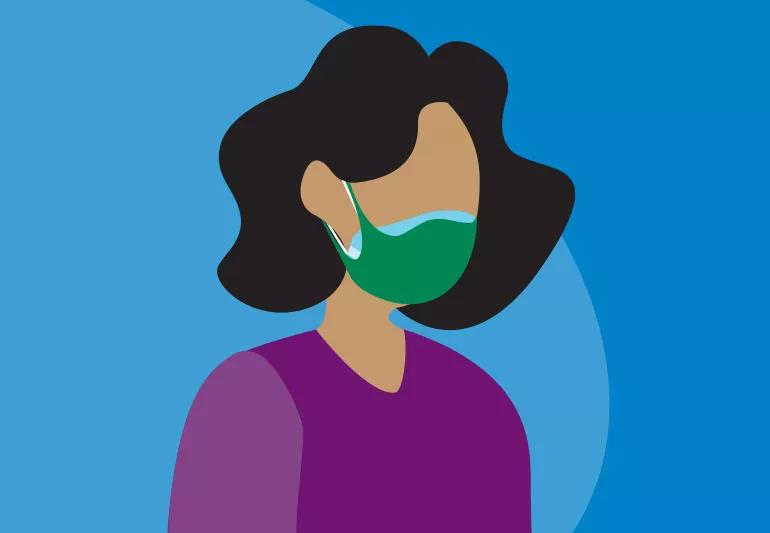
A: The Centers for Disease Control and Prevention recommends universal mask wearing as an important way to slow the spread of COVID-19.
Advertisement
Cleveland Clinic is a non-profit academic medical center. Advertising on our site helps support our mission. We do not endorse non-Cleveland Clinic products or services. Policy
At this time, the CDC recommends wearing a face mask with two to three layers that fits snugly over your face. The CDC recently published new research suggesting that layering a cloth mask over a surgical mask (double masking) when a mask only has one layer, or knotting and tucking a single mask, may improve the fit of masks and provide additional protection from potentially infectious particles.
However, if your mask already has multiple layers and fits tightly, it’s not necessary to double mask.
As the COVID-19 pandemic evolves, we’re continuing to closely monitor the latest scientific evidence and CDC recommendations regarding face masks.
Studies from the CDC have shown that face masks effectively limit spread of the virus that causes COVID-19, protecting the wearer and those around them. To slow the spread of the virus, it’s important that everyone in the community wear a face mask. It’s also essential to social distance, avoid gatherings and wash your hands frequently. We also recommend taking the COVID-19 vaccine when it’s available to you.
— Infectious disease specialist Steven Gordon, MD
Advertisement
Learn more about our editorial process.
Advertisement
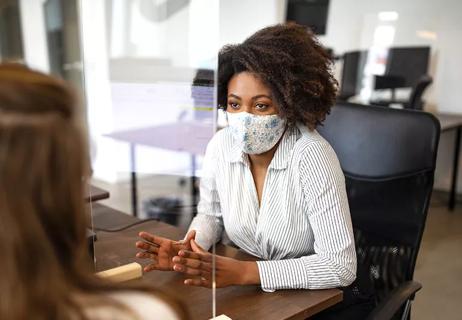
No, but find out how you could be making things more uncomfortable

Here's what you can do to help prevent it

What to know about running in a face mask during the coronavirus pandemic
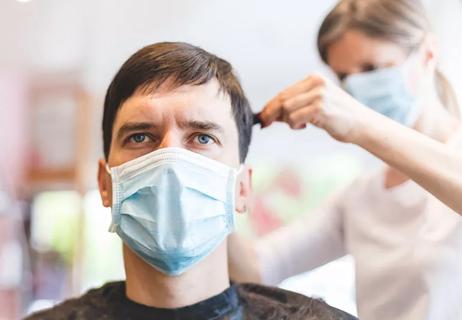
Proper etiquette for asking others to comply with mask rules
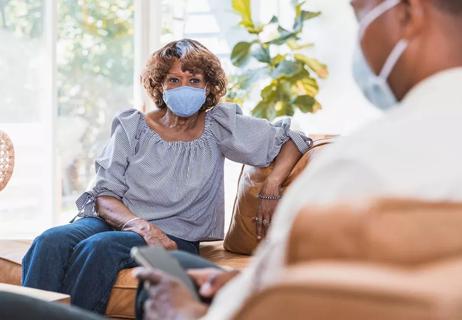
Learn how one simple action can help keep the whole family safe
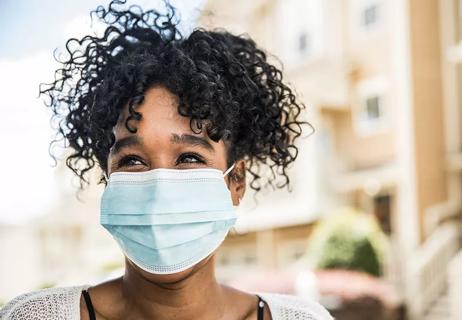
Talking points from a healthcare provider
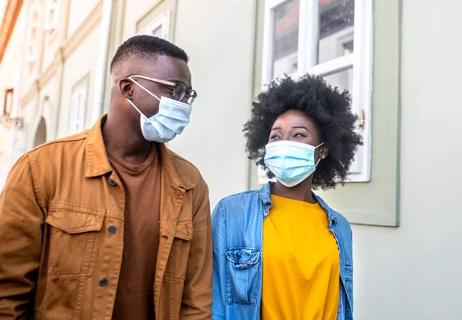
The short answer from an infectious disease specialist
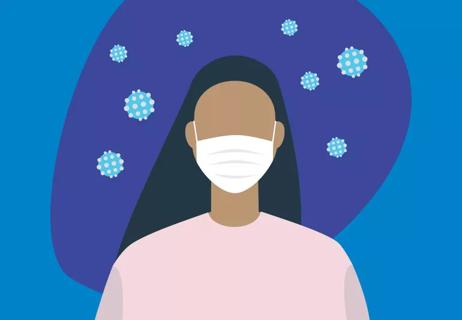
Get the short answer from a pulmonologist

If you’re feeling short of breath, sleep can be tough — propping yourself up or sleeping on your side may help

If you fear the unknown or find yourself needing reassurance often, you may identify with this attachment style

If you’re looking to boost your gut health, it’s better to get fiber from whole foods